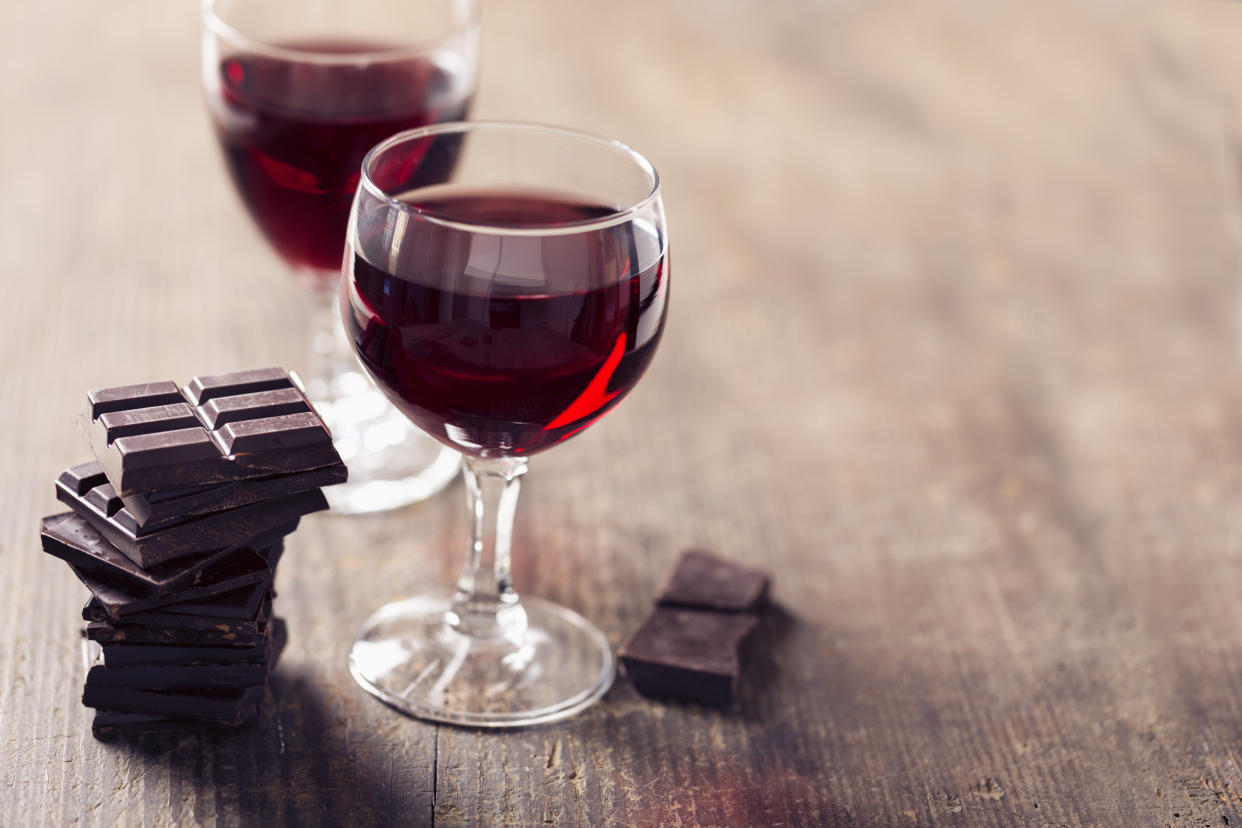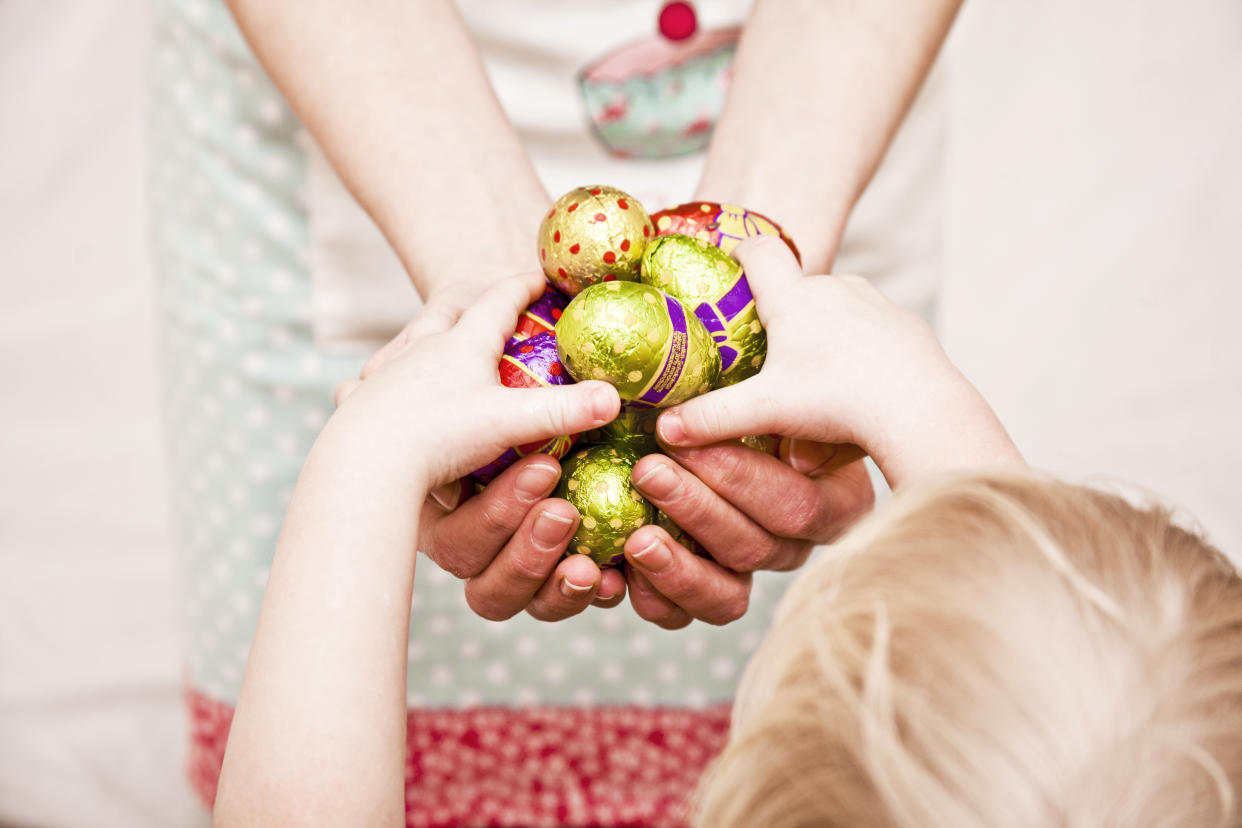The most popular temptation Britons are giving up for Lent

Now that Shrove Tuesday (also known as Pancake Day) is over, Ash Wednesday has arrived, and with it, the first day of Lent.
In 2024, the first day of Lent falls on Wednesday 14 February and ends on Thursday 28 March, with Easter falling on Sunday 31 March.
During this 40-day period, many people will choose to give up something they love. In Christian tradition, this is an act of sacrifice and self-discipline, representing the sacrifice made by Jesus Christ.
In the New Testament, Christ spent 40 days and 40 nights in the desert to pray and fast, before dying on the cross. The Bible tells the story of Satan trying to tempt Christ into turning away from God and worshipping him instead, but Christ is resolute in his devotion to God.
As such, the act of giving something up for Lent is important for many people. But what are Britons looking to give up this year for the next 40 days?
According to Google Trends data, alcohol is the most searched-for temptation that Brits are planning to give up for Lent.
Searches for ‘giving up alcohol for Lent’ rose by 4,700% over the past week. It comes on the heels of Dry January, which is observed by an increasing number of people each year - in 2022, more than 130,000 signed up to take part, rising to more than 175,000 in 2023.
It’s good news for the non-alcoholic beverage industry, but bad news for pubs and bars in the UK. According to market researcher CGA, drinks sales sank by at least 7% in the last two weeks of January, with a 19% fall in the sales of spirits.
Meanwhile, pub and supermarket sales of non-alcoholic drinks have continued to rise, largely driven by younger Gen Z people who have given up or cut down on drinking the most compared to older generations.
Giving up sugar for Lent closely follows alcohol, according to Google Trends data, with searches increasing by 3,900% in the last seven days.
Sugar, particularly in the form of chocolates and sweets, is one of the most popular things to give up during this period. A 2012 YouGov survey showed that a third of Brits planned to give these treats up for Lent.
Of course, after Lent comes Easter, during which chocolate sales rocket as people go straight back into indulging.

Packaging experts, the GWP Group, say that Easter egg sales make up 10% of Britain’s annual spending on chocolate, with consumers spending as much as £415 million on the chocolatey treats each year.
But food or drink aren’t the only temptations that people give up for Lent. Some also use it as an opportunity to ditch social media for a while, with searches for ‘giving up social media for Lent’ rising by 300%.
There is some evidence that giving up social media for a short period of time can be beneficial for our mental health. A 2022 study found that spending just three days off social media can help improve body image and reduce “self-objectification” among teenage girls who are particularly vulnerable online.
The study, led by psychologists at Colorado College in Colorado Springs, concluded that social media fasts should be explored as a way to alleviate the pressure that teenage girls feel to look a certain way.
Some of the most popular indulgences to give up for Lent include:
Alcohol
Sugar (chocolate and sweets)
Social Media
Negative habits (such as gossiping or wasting time)
Luxuries (such as shopping or eating out)
Read more about Lent and Easter:
What is Lent and why do people take part in the 40-day period each year? (News Shopper, 2-min read)
Do Fasting Rules Apply To Children During Lent? (Mashed, 2-min read)
When is Easter 2024 and when are the school holidays? (Evening Standard, 3-min read)


